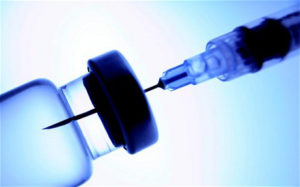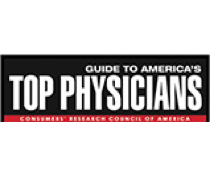
School’s out for summer, but it’s the right time to be preparing for the year ahead, especially when it comes to your health. From January to June 2015, seven cases of bacterial meningitis outbreaks were confirmed at The University of Oregon, causing concern from state health officials, school administrations and the Centers for Disease Control and Prevention.
The outbreaks in Oregon are just part of a string of cases popping up around the country in the past year, including Princeton University, spurring the debate of making the vaccine mandatory for all students to receive. The U.S. Centers for Disease Control and Prevention’s Advisory Committee on Immunization Practices met June 24 and voted to recommend that “decisions to vaccinate adolescents and young adults 16 through 23 years of age against serogroup B meningococcal disease should be made at the individual level with healthcare providers.” In summary, the decision to be vaccinated for the bacteria should be a case-by-case basis.
While meningitis is rare, because of the way it is spread, students living in dormitories are especially susceptible. About 50 to 60 cases of meningitis B (bacterial meningitis, which affects the spinal cord) are reported each year. With fatality of the diseases between five and 10, experts say that between 1 and 3 million people need to be vaccinated in order to prevent one death.
According to the U.S. National Library of Medicine, this bacterial infection is most common in children and teenagers, and is spread through coughing, sneezing and saliva. Once someone comes in contact with the bacteria, it travels from the sinuses, through the bloodstream, and to the central nervous system. The bacteria specifically infect the meninges and the spaces around them, causing them to swell, putting pressure on the spinal cord and brain. The added pressure can result in long-term disabilities from paralysis, strokes, and even death if left untreated or if not caught in time.
Symptoms to look out for include stiff or sore neck pain, high fever, severe and persistent headaches, and nausea. If you experience any of these symptoms, and may have been in contact with someone afflicted with meningitis, seek medical help right away.
According the Princeton University Emergency Guidelines, the best way to prevent meningitis is to wash hands frequently, do not share drinking glasses with others, cough into your sleeve, and to use hand sanitizer often.
Are you preparing for yours and your child’s health for the school year ahead? Tell us your thoughts on our Facebook page.









